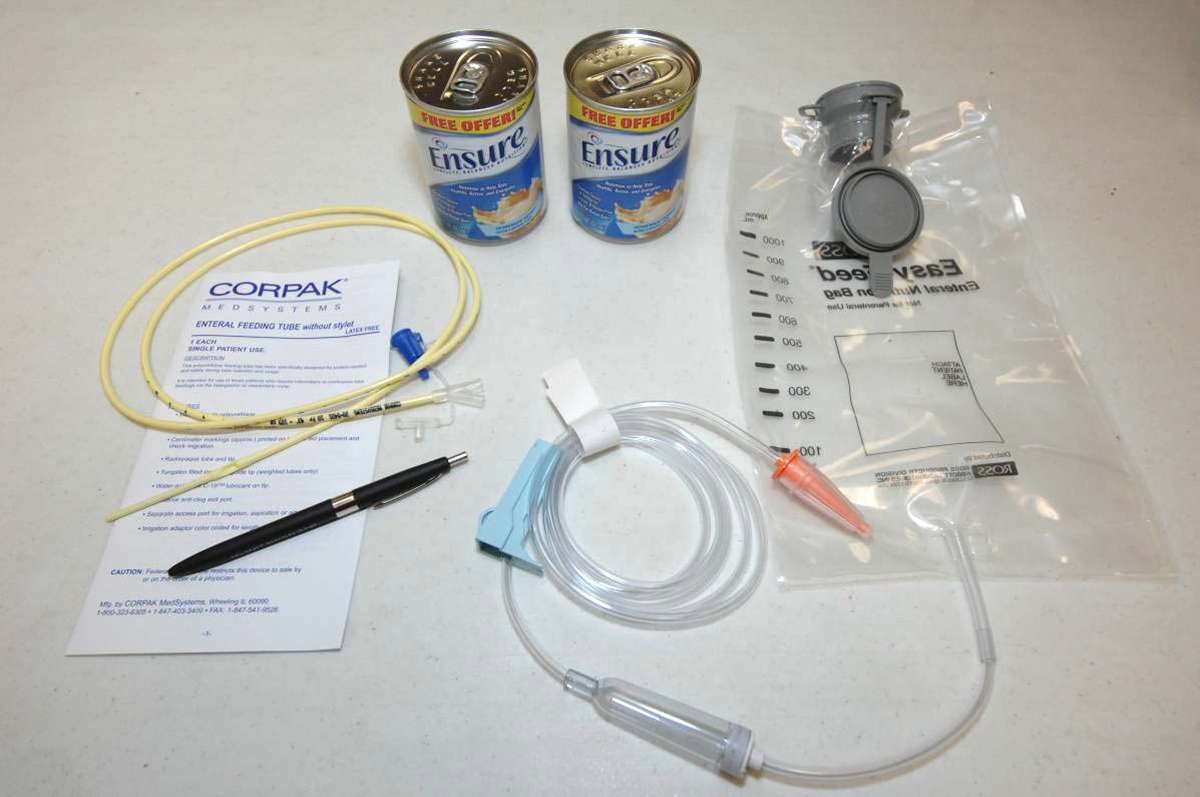
People who have medical conditions that make it impossible for them to eat regularly will have to use feeding tubes, which are specialized medical devices that allow nutrition to be delivered directly to the stomach. There are possible complications that people should be aware of however, with feeding tubes.
After a surgery a person may not be able to use their mouth to eat and drink, which is where a feeding tube may be used temporarily, so that the person can receive the nutrition needed from food and water. Feeding tubes can be inserted through the nasal passageway or into the stomach through the abdominal wall in these cases.
The nasal route is used when it is a short-term situation, but if the person will need to have a feeding tube for a long period of time, or even for life, then it usually goes through the stomach.
The complications associated with feeding tubes are very rare. Usually, the problems are caused by improper placement and a lack of care shown for the tube. Even though they are rare, the complications relating to feeding tubes can be very serious, they can even lead to death.
One of the most common problems with feeling tubes is aspiration, which is a condition that occurs when the food or saliva is inhaled into the lungs. Sometimes the condition is mild and people will not realize that they have aspirated nutrition. In some cases however, it can also be very severe and can lead to respiratory failure or aspiration pneumonia.
This complication usually occurs when a person is sleeping and is being fed at the same time. In order to avoid this complication, the best thing to do is to make sure that the patient is in an upright position on the bed while being fed and an hour or so after the feeding has ended.
Some patients report nausea and vomiting as a complication of the feeding tube. This usually occurs when the food is going into the body too quickly. It can also occur if the stomach is slow in emptying its contents after each feeding or if too many proteins and calories are given to the patient.
Bacterial infections causes by shifts in the tube can also leads to nausea and vomiting.
Another common complication of using a feeding tube is diarrhea or constipation. Sometimes, these potentially dangerous symptoms can be caused by things that are included in the food, such as drugs, magnesium supplements or antibiotics. Also, if the formula that is being fed to the patient is not stored properly, some kind of food borne illness can result, which will also lead to diarrhea.
It is important that the person administering the food has clean hands when they are handling the formulas and meals, in order to prevent infections.
Patients who notice any unusual symptoms while using a feeding tube are always advised to ask their doctor about it, even if they are not sure that the symptom is connected to the feeding tube. When any of these complications occur, it is best if the cause is identified quickly so that the problem can be rectified.


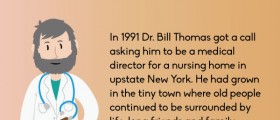





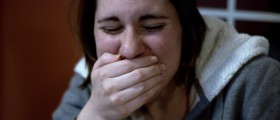

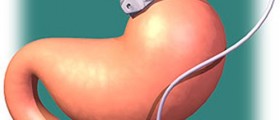



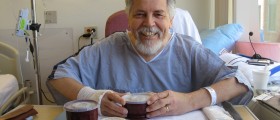

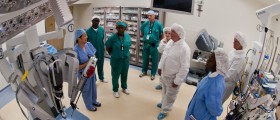
Your thoughts on this
Loading...